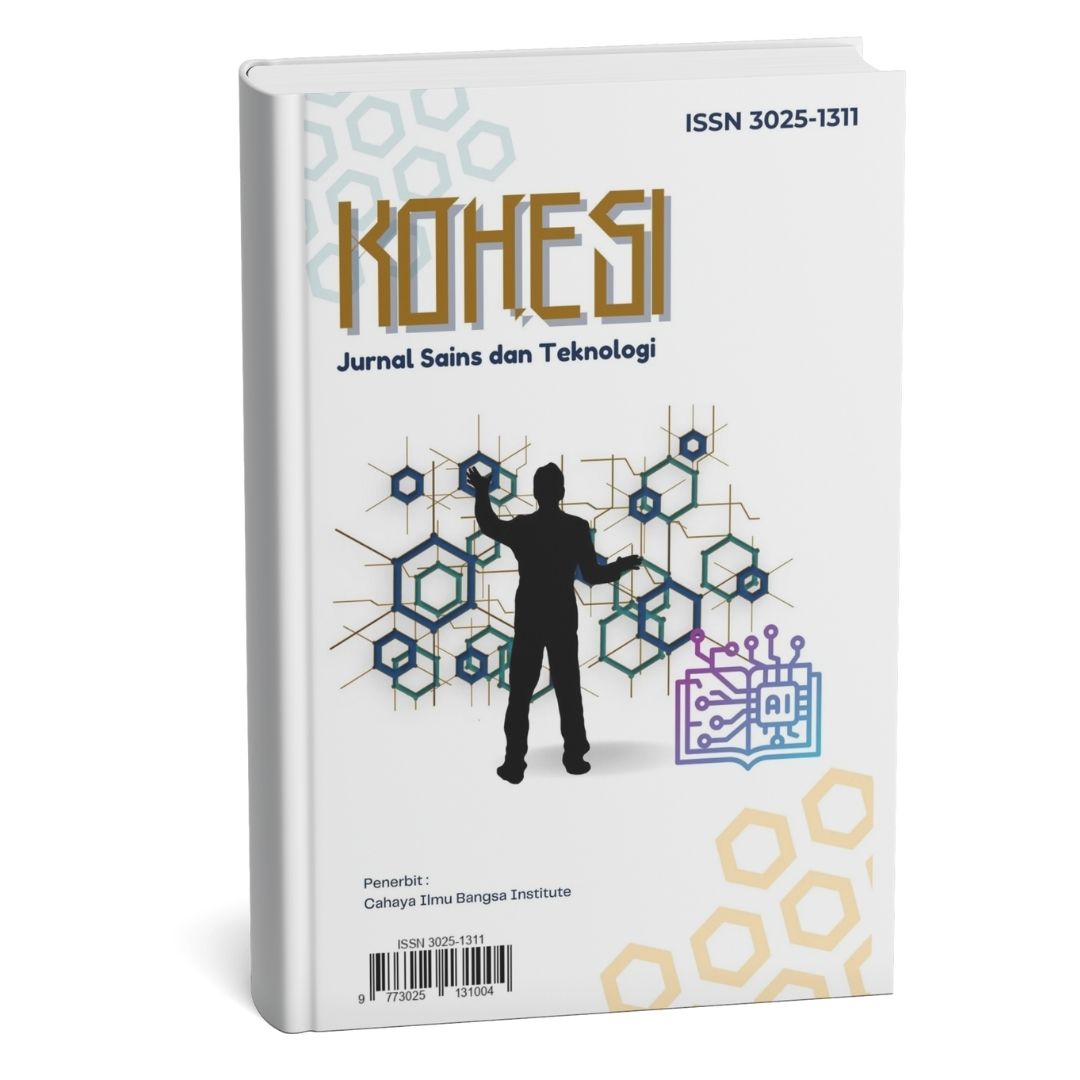FESSEL (FISH INDUSTRY WASTEWATER SYSTEM INSTALATION): PENGOLAHAN AIR LIMBAH INDUSTRI PERIKANAN TERINTEGRASI MENGGUNAKAN SISTEM SEQUENCED ANAEROBIK-WETLAND
Main Article Content
Abstract
Belida fish (Chitala hypselonotus), an endemic freshwater species, is currently endangered, partly due to water pollution from fish processing industry wastewater. This waste contains pollutants such as COD, BOD, and ammonia, which damage aquatic habitats and disrupt ecological balance. Limited public awareness and lack of affordable treatment technology have led to untreated wastewater being discharged directly into rivers. To address this issue, FESSEL (Fish Industry Wastewater System Installation) was developed as an innovative treatment system using a sequence of anaerobic digestion–wetland processes. This technology can reduce pollutant levels by up to 97.45%, ensuring the effluent meets environmental standards. Moreover, FESSEL produces methane gas as an alternative energy source, reducing production costs by 23.17%. This innovation offers an integrated solution to conserve belida fish populations and support environmentally sustainable industrial practices.
Ikan belida (Chitala hypselonotus) merupakan ikan endemik sungai yang kini keberadaannya terancam punah, salah satunya akibat pencemaran air dari limbah cair industri pengolahan ikan. Limbah tersebut mengandung zat pencemar seperti COD, BOD, dan ammonia yang merusak habitat dan mengganggu keseimbangan ekosistem. Minimnya pengetahuan masyarakat serta terbatasnya teknologi pengolahan limbah yang sederhana dan murah menyebabkan limbah dibuang tanpa pengolahan terlebih dahulu. Menanggapi hal ini, dikembangkanlah teknologi FESSEL (Fish Industry Wastewater System Installation), sebuah inovasi instalasi pengolahan limbah dengan sistem sequence anaerobic digestion–wetland. Teknologi ini mampu menurunkan kandungan pencemar hingga 97,45%, sehingga air limbah memenuhi baku mutu. Selain itu, FESSEL menghasilkan gas metana sebagai energi alternatif yang dapat menghemat biaya produksi hingga 23,17%. Inovasi ini diharapkan dapat menjadi solusi terpadu dalam menjaga keberlangsungan spesies ikan belida serta mendukung produksi industri yang ramah lingkungan.
Article Details
Section
This work is licensed under a Creative Commons Attribution-NonCommercial 4.0 International License.

